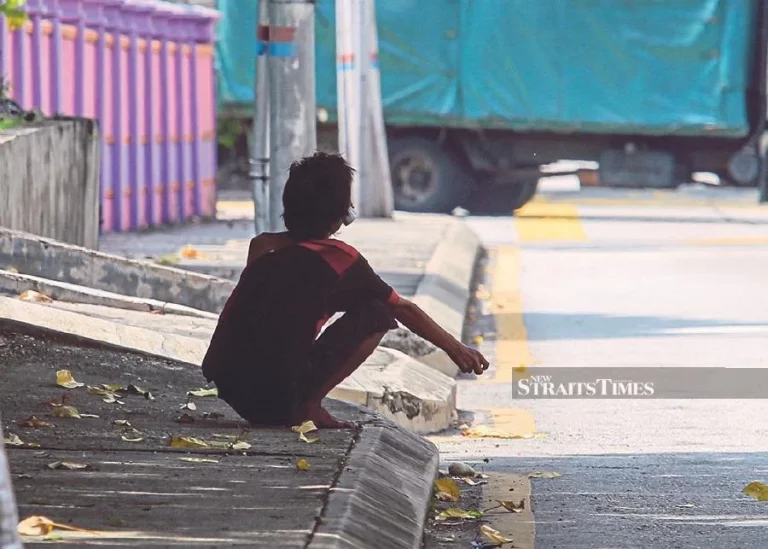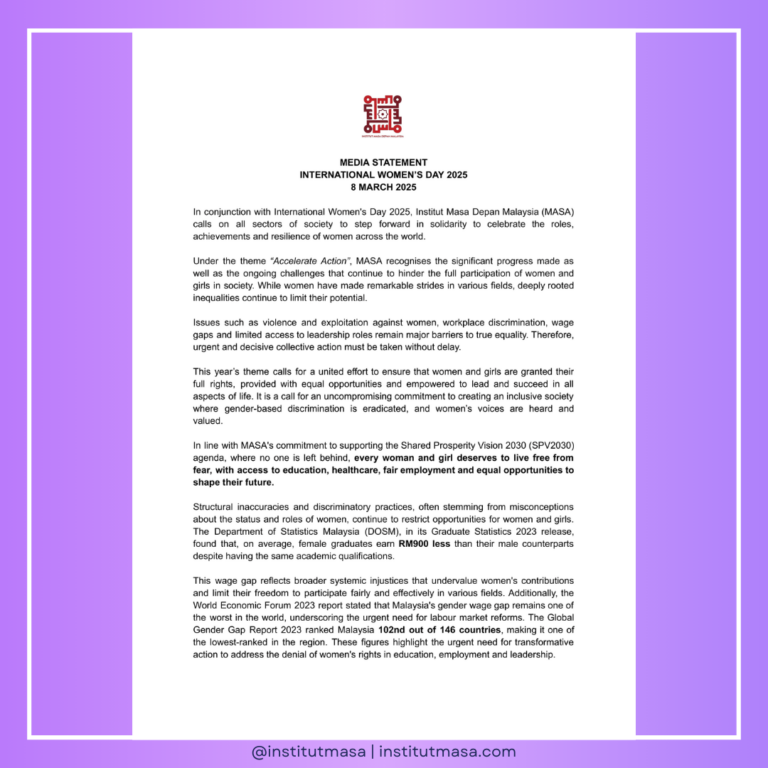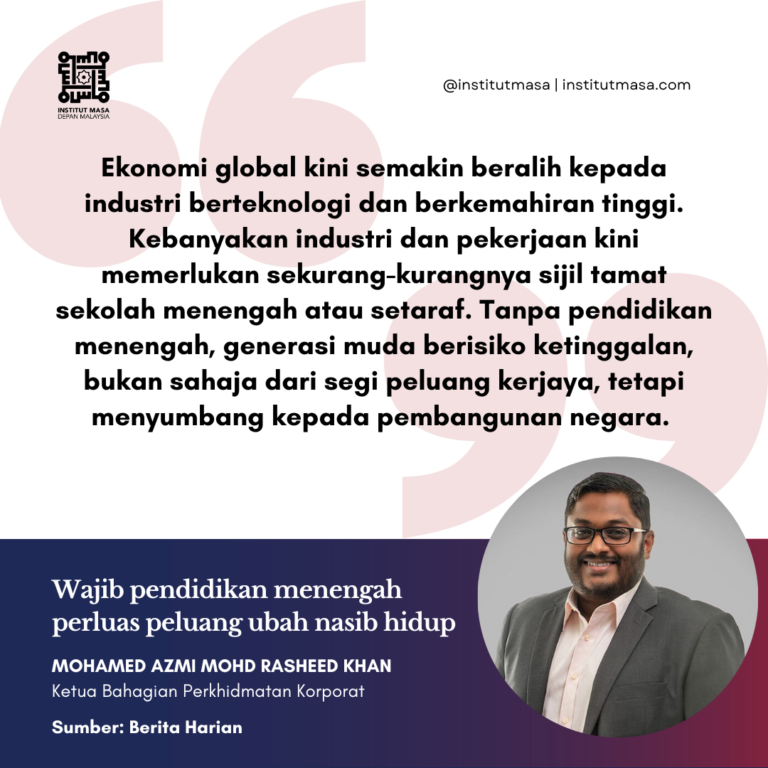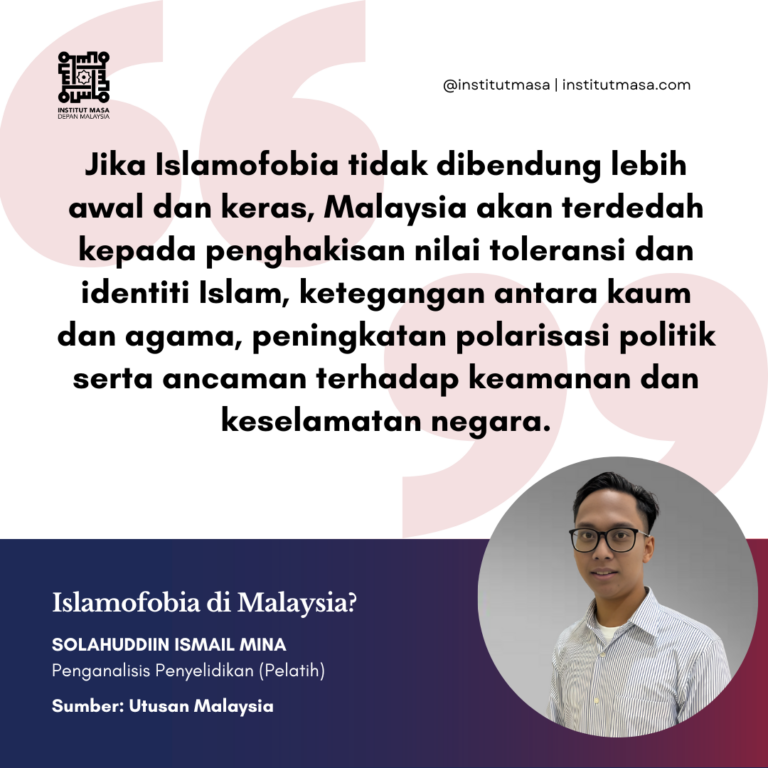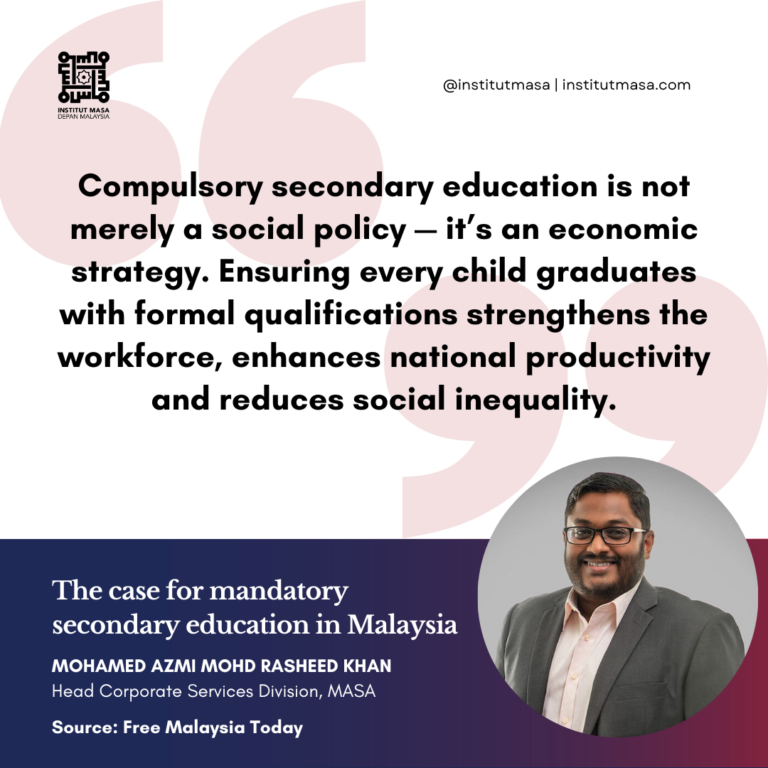LETTERS: Today, mental health has become a prevalent issue that may affect people of all ages.
It stems from financial distress, burnout due to work and studies or struggles, and even lockdowns, which may all exacerbate mental illness or fatigue.
Indeed, mental health issues are multifaceted, and there is no one-size-fits-all approach. A whole-of-nation effort is required to tackle the so-called mental health taboo.
The pandemic has underscored an urgent need to curtail the rising rates in suicide and domestic violence cases, especially among youths.
Between January and July, 638 suicide cases have been reported by the police, a stark increase from 262 cases during the same period last year.
According to the National Health and Morbidity Survey 2019, the prevalence of depression accounts for nearly half a million individuals, aged 16 and above. The increase in the number of children suffering from mental health issues is alarming, too.
Decriminalising suicide is a vital step to begin with as Malaysia remains one of the countries that still treats suicide as a crime.
It is understood that discussions are underway between the relevant authorities and the Attorney-General’s Chambers on the proposed amendment to decriminalise suicide attempts.
This positive move is certainly a cause for optimism in light of the various attempts in the past to abolish Section 309 of the Penal Code, which carries a punishment of a maximum one-year imprisonment or fine, or both.
The long, overdue reform was seen as a huge stepping stone towards recognising mental health as one of public health matters and to encourage people to seek help rather than taking action against them.
In conjunction with World Mental Health Day, the recent launch of National Mental Health Strategic Plan (2020-2025) and “Let’s Talk Minda Sihat” Campaign by the Health Ministry bodes well as part of the government’s efforts to boost accessibility to mental health services across all targeted groups.
It is crucial that the government continues to mobilise its efforts by empowering agencies, social welfare departments, the private sector and non-governmental organisations (NGOs) to promote mental health awareness, as well as providing psychological and counselling support.
At present, there are several ongoing government initiatives including Talian Kasih, Mental Health and Psychosocial Support Services (MHPSS) and Mentari, a community-based programme aimed to improve outreach to individuals with mental health issues.
Under the 12th Malaysia Plan, a National Suicide and Fatal Injury Registry would be set up involving multiagency cooperation to formulate measures on combating suicide.
Further suggestions to incorporate health counselling services via the MySejahtera app is much welcomed. Or perhaps a provision of free therapy sessions for targeted groups and children is an idea worth exploring.
Health is wealth and our mental health is as important as our physical health. Each of us has a role to play. So, let us strive to make a positive change by looking after ourselves and checking on friends and family.
It is important that we support each other and help the vulnerable as no one should suffer in silence.
A little empathy and understanding could have a huge impact in someone’s life because more often than not, they yearn for a listener to share their problems with or even a simple reassurance that it is okay not to feel okay sometimes.
Crucially, mental health advocacy is our shared responsibility towards achieving the Malaysian National Health Agenda in line with the National Recovery Plan and Shared Prosperity Vision 2030.
Mental health care for all, let’s make it a reality.
Sim Why Jean
Researcher;
Institut Masa Depan Malaysia (MASA)
Date: 16 October 2021
Source: New Straits Times – https://www.nst.com.my/opinion/letters/2021/10/736937/
Image from: https://assets.nst.com.my/images/articles/161021letterN01_1634314513.jpg
